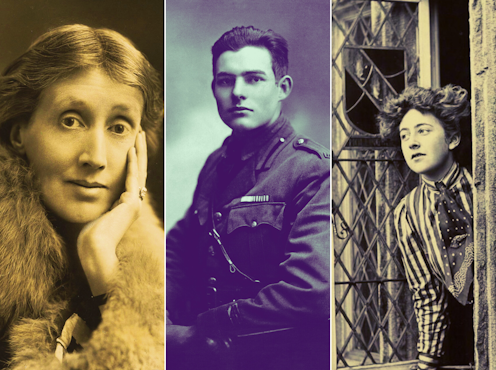what do publishers' revisions and content warnings say about the moral purpose of literature?
- Written by Dan Dixon, Adjunct Lecturer, University of Sydney

This year, there has been some controversy about the rewriting of passages from authors such as Roald Dahl[1], Enid Blyton[2], Ian Fleming[3] and Agatha Christie[4] with the aim of removing potentially offensive material. Some publishers have also adopted the precautionary measure of adding content warnings and disclaimers to books by Ernest Hemingway[5], Virginia Woolf[6], Raymond Chandler[7] and P.G. Wodehouse[8].
Critics of these bowdlerisations and disclaimers have come from across the political spectrum and seem to vastly outnumber those defending the practice. It is some time since I have noticed a literary topic come up as frequently as this one in conversation with those outside the literary culture. And while, as an academic, it is heartening to see people worked up about books and their value, it is disheartening to see books recruited as culture-war fodder.

















